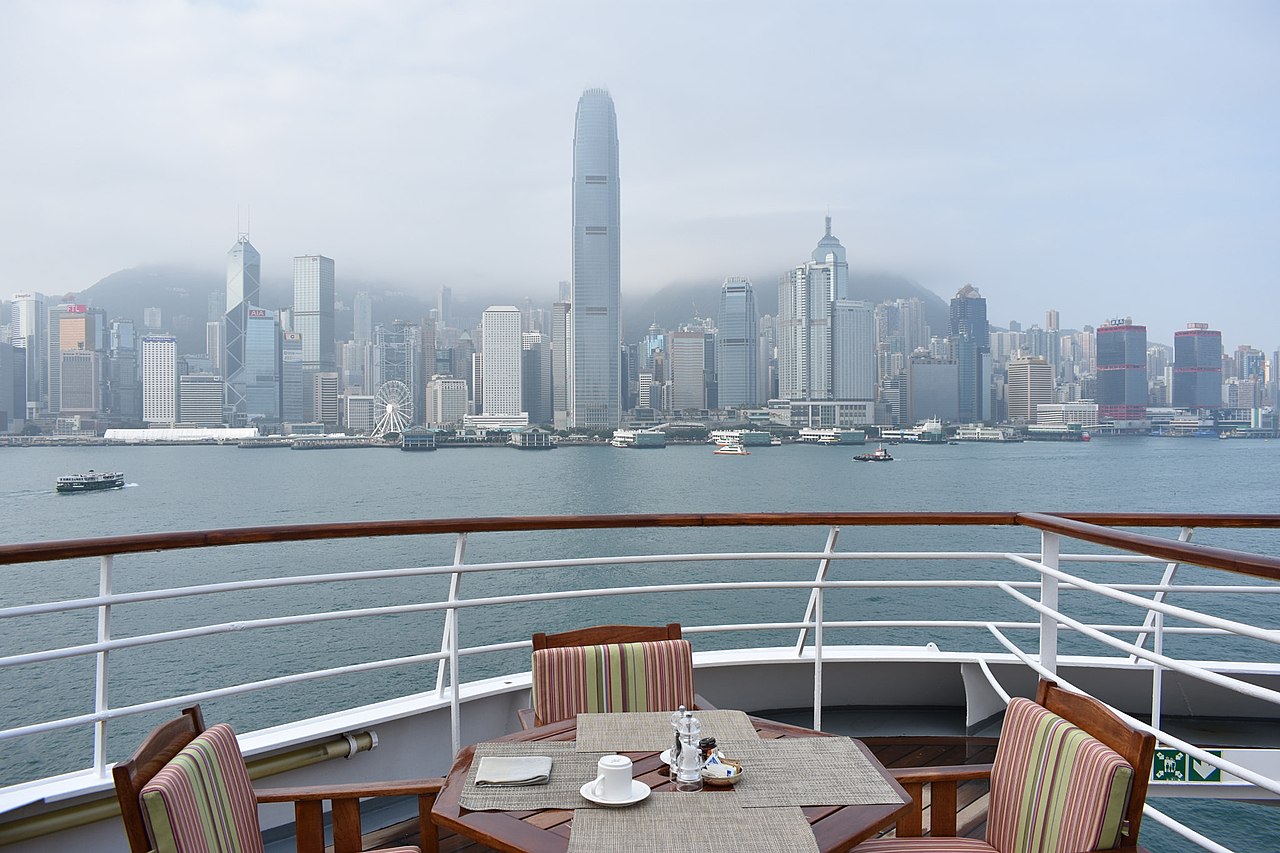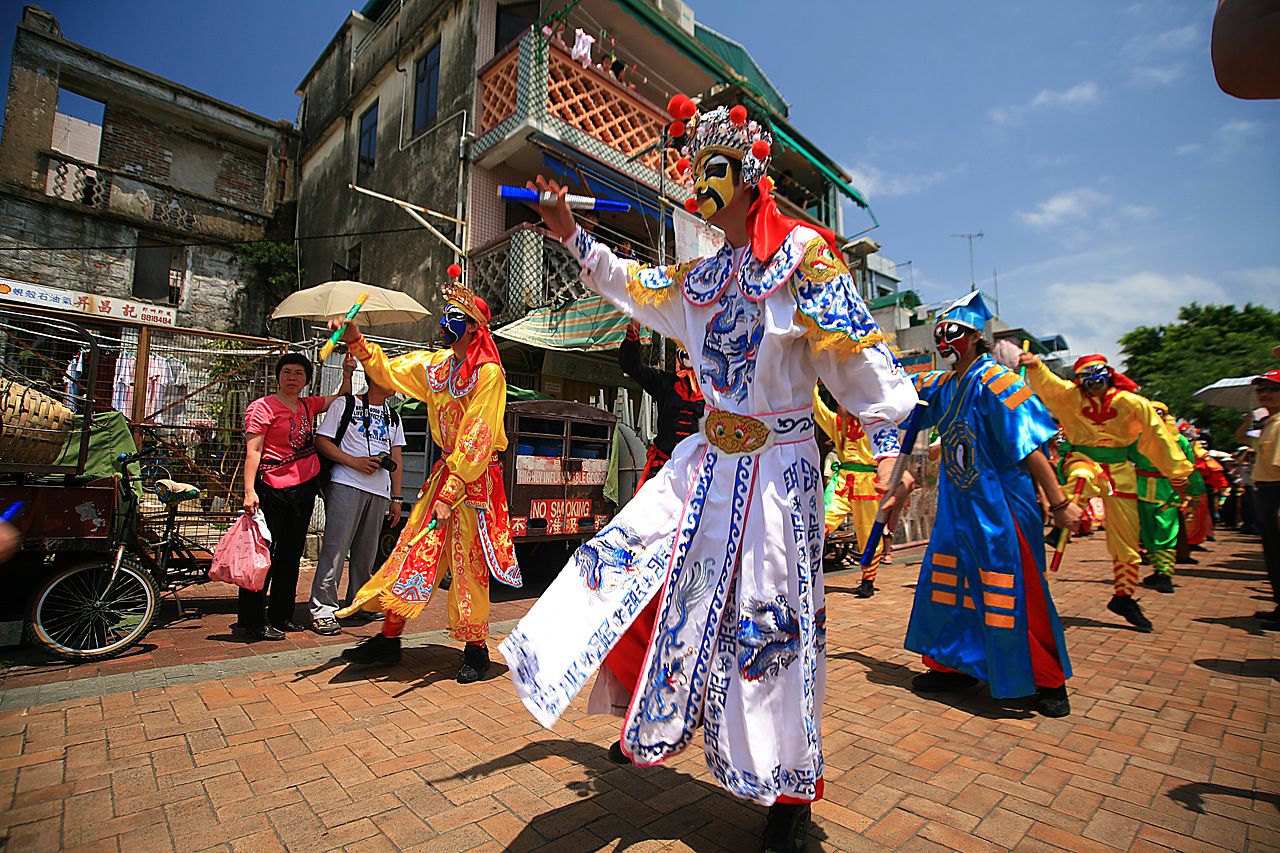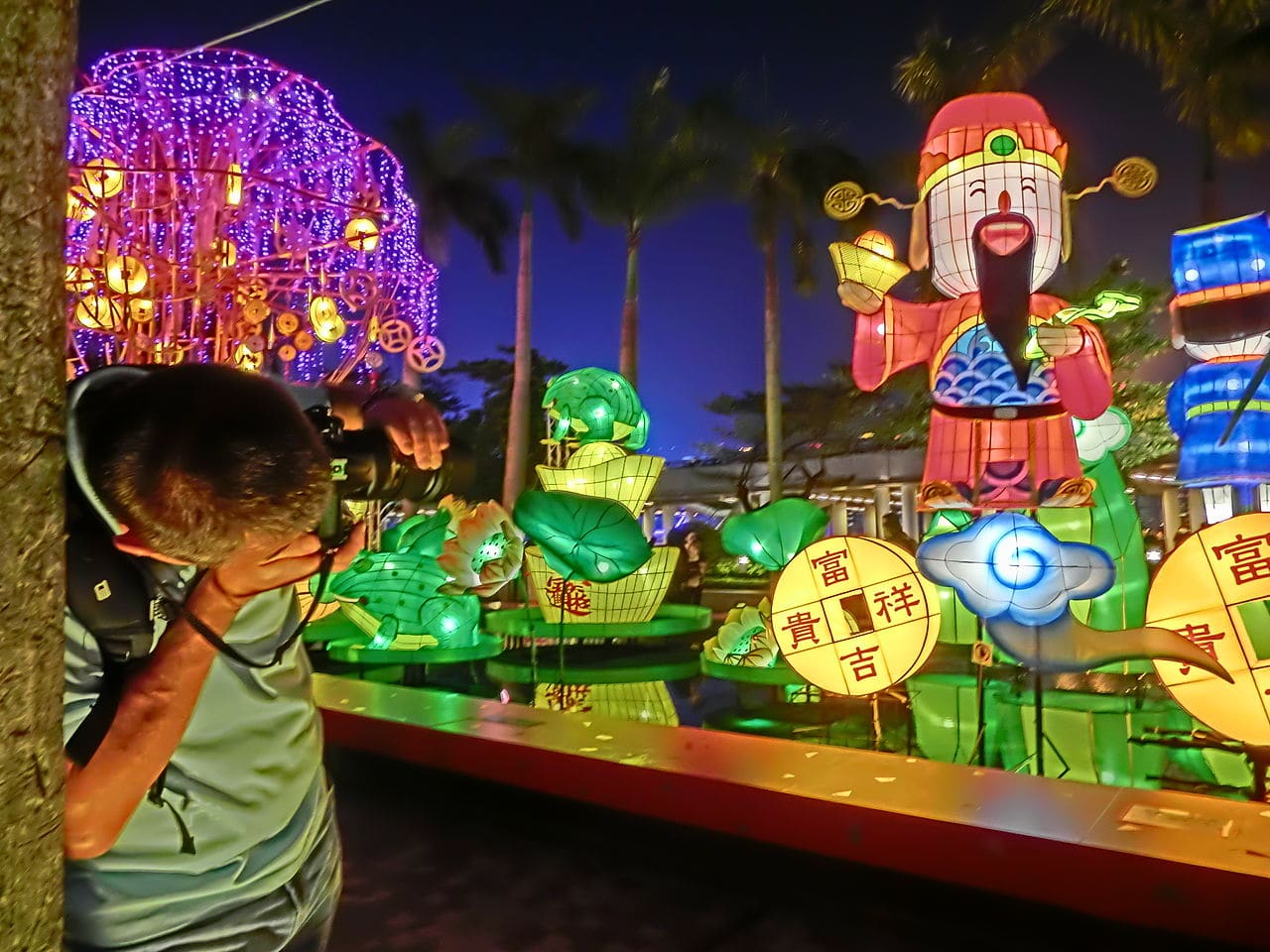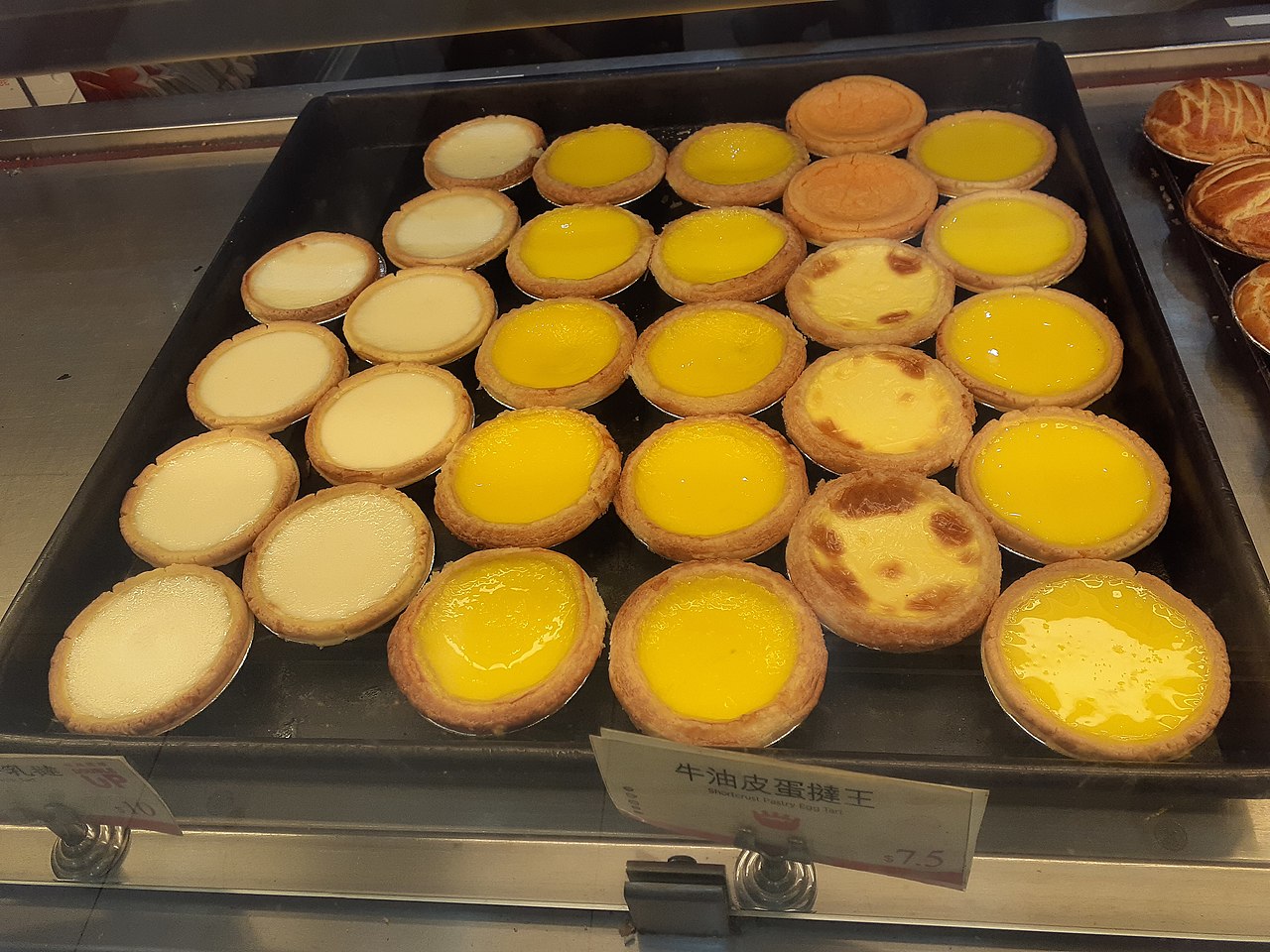
The traditions and customs of Hong Kong today are due, on the one hand, to the Cantonese substrate of the Asian city and, on the other, to the influence exerted by the british domination. The latter has converted the great city, today belonging to China, in one of the most westernized in the East.
The traditions and customs of Hong Kong affect both mentalities and festivals, gastronomy and even daily life. If you want to know them better, we encourage you to continue reading.
Learn about the traditions and customs of Hong Kong so you don't feel like a foreigner
We will start by talking to you about customs of the Hong Kong daily life, which will be the first thing that catches your attention if you visit the Asian city. And then we will focus on more specific aspects such as the festivities and the dishes that its inhabitants love.
Everyday life
Hong Kongers are welcoming and hospitable people, but they have their peculiarities that you must respect in your dealings with them. For example, the greeting is made by a reverence, nothing to give two kisses or the hand. And the older the person you greet, the more intense that bow should be. Likewise, if you are invited to eat at a private home, never touch the food with your hands, as is done in Muslim countries. You must use at all times The chopsticks. And don't forget to bring a gift.
On the other hand, the people of Hong Kong are very superstitious, perhaps due to ancient Chinese beliefs. They have faith in the power of numbers or in destiny. Therefore, do not be surprised to see all kinds of talismansNor do they observe how they meet in local palmistry and geomancy.

Festival in Hong Kong
Likewise, there are two other features of Hong Kong customs common to other places in Asia such as Japan or China itself. On the one hand, its citizens dedicate many hours a day to work and, as a consequence, many have caregivers who live with them for their children. And, on the other, they grant great importance to the study. Their educational system is tough and children are constantly taking tests. In addition, together with the teaching centers, they have learning centers that are equivalent, in some way, to our academies of private classes.
Perhaps for this reason, in the parks you will find fewer children than older people. It is very common to see you practicing tai chi in a group or playing chinese chess, which is known by xian who and that is quite a tradition.
As for the language, they defend themselves in English. But yours is the cantonese. Don't ever tell them that they speak Chinese or Mandarin, as they pride themselves on considering themselves Hong Kong and having their own language.
The festivities in Hong Kong
Another important element of Hong Kong traditions and customs is the festivities. As you know, the Chinese New Year It is celebrated between January 21 and the same date in February. It is one of the quintessential festivities in Hong Kong and is also called the Spring Festival or Chunjie. It lasts 15 days and ends with the popular lantern festival o Yuen siu. The latter consists of solving puzzles printed on Chinese lanterns to obtain a gift.
It is also a Hong Kong tradition to tin hau festival, which is celebrated in honor of the goddess of the seas. This is called Mazu and it has enormous importance in the city. To give you an idea, it has about seventy temples scattered around the area.
Other very popular festivals in Hong Kong are the Cheung Chau Taoist Festival, very picturesque as it includes folkloric events; the Dragon Boat Festival o tuen ng, with the popular figures of these creatures that you will have seen many times; the chung yeung party, equivalent to our Day of the Dead, or that of the Full moon, originally to celebrate the end of the harvest. During the latter, the streets of Hong Kong are traversed by the gigantic Fire Dragon, with its seventy meters in length.

Chinese lanterns
The kitchen, a vital element in the traditions and customs of Hong Kong
The Asian city is considered the kingdom of the Cantonese gastronomy. However, due to its history and the emigration it has welcomed, you will also appreciate British and Southeast Asian influences.
El rice and noodles made with this same product, they are so common in city dishes that they are even served as a garnish even if you don't see them on the menu. The first is even eaten for breakfast. Is the call rice freeze and it is served as a kind of porridge.
But we'd better tell you about some typical Hong Kong recipes. Surely you have already tried the sweet and sour pork, very popular in the city although it is also eaten asado. Even prepared on the barbecue it is used to fill some buns that are called cha yes baau.
To snack, they are also typical fish balls and those of shrimp and chicken, popularly known as "of the dragon and the phoenix." And likewise the hierarchical, some strips of marinated meat. On the other hand, chicken is another common ingredient in Cantonese cuisine. They even eat their legs cooked and then fried. But the most classic recipe is the chicken wind sand, roasted with garlic. On the other hand the roast goose it is prepared with a secret recipe and eaten with plum sauce.
On the other hand, the gastronomy of Hong Kong has a huge variety of desserts. Among the most popular are the egg cream tart, undoubtedly an influence of the Portuguese sailors, and the mango pudding.

Egg cream tartlets
But it is also typical of certain festivals the moon cake, a delicacy that is filled with lotus seed paste. The tradition is to eat it with tea with teche Hong Kong style, one of the quintessential drinks in the city. Finally, the almond cookies. And the put chai ko, a small cake that is made, above all, with steamed sugar.
Returning to the drinks, along with the milk tea that we have already mentioned, you have the yuanyang, which mixes the previous one with ice and coffee; the azuki bean ice cream, which also has syrup and milk, or different infusions of nuts and sap.
In conclusion, we have shown you the main Hong Kong traditions and customs. If you know them, when you travel to the great Asian city, you will not feel like a foreigner, but as part of its spirit.